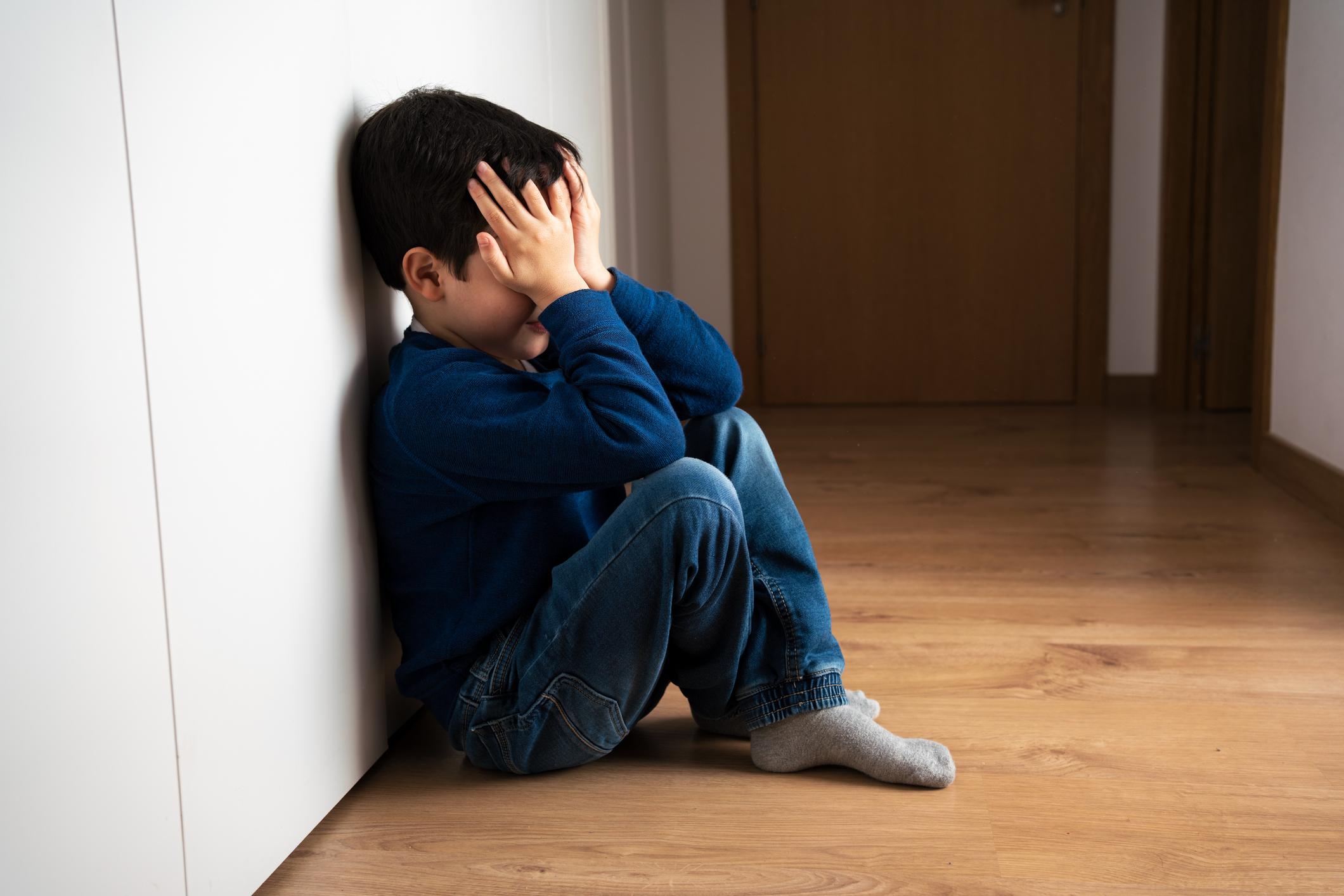It takes about two years for new dads to stabilize their relationship with their first infant, while it only takes 14 months for their second baby.

- New fathers show a pronounced decline in satisfaction during the first two years postpartum.
- Men who welcomed their second infant reported an increase in relationship satisfaction by the time he reached 14 months of age.
- This could be explained by the fact that fathers who already have a baby have already learned to juggle the demands and needs of each child, which allows them to better manage their relationship.
To date, research on the transition to parenthood and associated changes in relationship satisfaction has primarily focused on mothers and their first children. But recently, researchers at Technische Universität Dresden (Germany) became interested in emerging differences between first- and second-time fathers. As part of their work, they followed 606 fathers for more than two years. The team took into account various factors, such as their age, education level, income, length of relationship, biological sex of the child and temperament.
A decline in relationship satisfaction during the first two years postpartum
The results, published in the journal Plos One, showed having a child was associated with lower relationship satisfaction for both first-time and second-time fathers. However, new fathers had higher relationship satisfaction before childbirth and a steeper decline in satisfaction after childbirth.
In detail, eight weeks after giving birth, young dads still tended to report higher relationship satisfaction than fathers who already had a child. However, satisfaction continued to decline for fathers who welcomed their first child up to 14 months after giving birth. This period can be particularly difficult, as they must adapt to their new role as a parent and create and maintain a bond with their child.
In contrast, men who already have one child tend to report an increase in relationship satisfaction by the time their second child turns 14 months old. This difference could be explained by the fact that fathers who have already faced fatherhood would be better prepared and would have better management of family transitions. They have already learned to juggle the demands and needs of each child, which allows them to better manage their relationship with their children and their partners.
Parenthood: prepare for expected changes
The results of this study suggest that couples who become parents for the first time should prepare for the expected changes in their relationship and know that if they choose to have another child, the changes brought by a newborn will likely be more easy to bear. It is essential to communicate openly, support each other, and seek external resources when necessary to navigate this transition period and maintain relationship satisfaction.
















